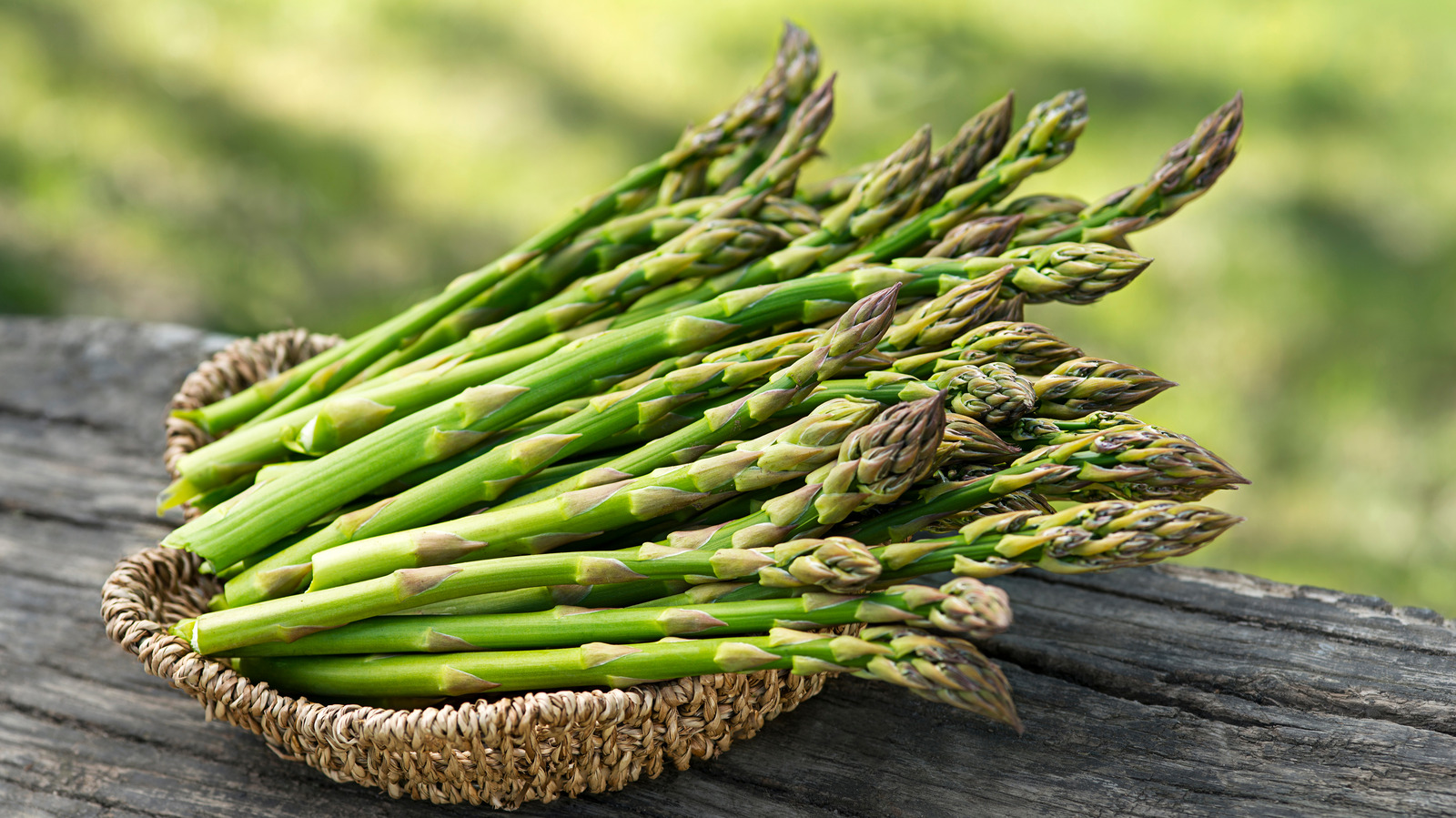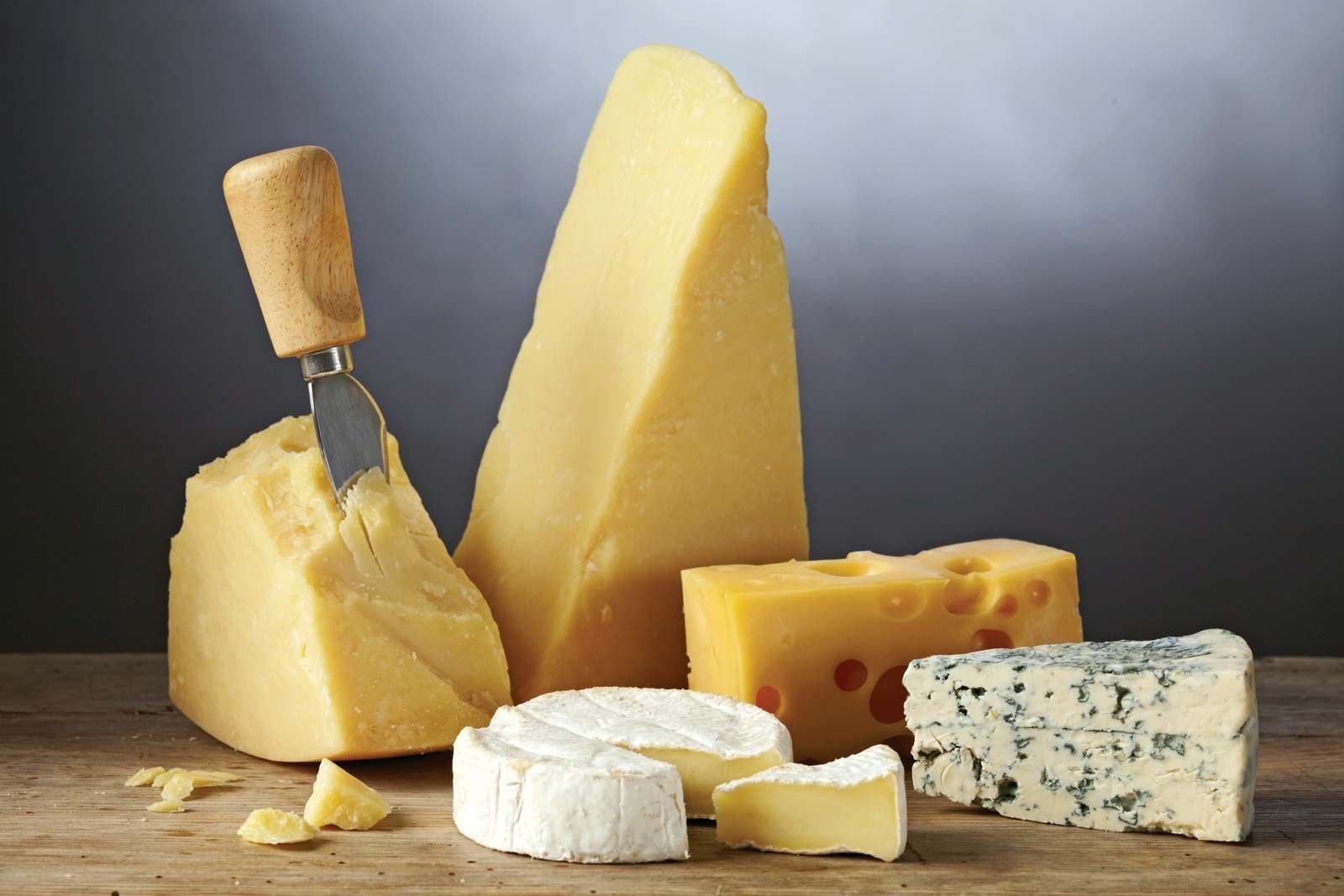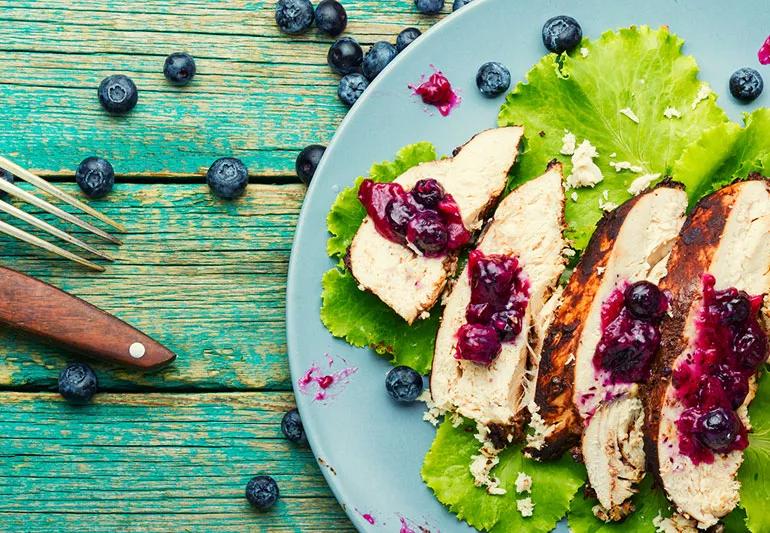Foods Vitamin K is a crucial nutrient that plays a vital role in various bodily functions, including blood clotting and bone health. Incorporating foods rich in vitamin K into your diet can ensure you meet your daily requirements and support overall well-being.
Leafy Greens

Leafy greens are among the most potent sources of vitamin K. They are not only rich in this essential nutrient but also provide a plethora of other vitamins and minerals. Spinach, kale, Swiss chard, and collard greens are excellent options to include in your meals.
Broccoli
Broccoli is a versatile vegetable that offers a significant amount of vitamin K per serving. Whether steamed, roasted, or added to stir-fries, broccoli adds a nutritious boost to any dish.
Brussels Sprouts
Brussels sprouts are not only delicious but also packed with vitamin K. These miniature cabbages can be roasted, sautéed, or even shaved raw into salads for a crunchy texture and nutty flavor.
Cabbage
Cabbage is another member of the cruciferous vegetable family that provides a generous dose of vitamin K. Whether enjoyed raw in coleslaw or cooked in soups and stews, cabbage adds a nutritional punch to any meal.
Asparagus

Asparagus is not only a tasty addition to any dish but also a great source of vitamin K. Grilled, roasted, or steamed, asparagus makes a delicious and nutritious side dish or salad ingredient.
Green Beans
Green beans are a staple in many households and offer a moderate amount of vitamin K. Whether fresh, steamed, or sautéed, green beans are a versatile and nutritious vegetable to include in your diet.
Avocado
Avocado is a unique fruit that is rich in healthy fats and various nutrients, including vitamin K. Enjoyed on toast, in salads, or as guacamole, avocado adds creaminess and flavor to any dish while boosting its nutritional value.
Parsley
Parsley is not only a popular herb used for garnishing dishes but also a rich source of vitamin K. Adding fresh parsley to salads, soups, and sauces is an easy way to increase your vitamin K intake.
Basil
Basil is a fragrant herb commonly used in Mediterranean cuisine and is also a good source of vitamin K. Whether used fresh in salads or sauces or dried in spice blends, basil adds flavor and nutrients to a variety of dishes.
Spring Onions
Spring onions, also known as scallions, are a mild and versatile vegetable that provides a decent amount of vitamin K. Add them raw to salads, stir-fries, or omelets for a burst of flavor and nutrition.
Prunes
:max_bytes(150000):strip_icc()/health-benefits-of-prunes-GettyImages-1135798429-742b411f084f4b33997947517de0d00f.jpg)
Prunes are dried plums that are not only sweet and delicious but also high in vitamin K. Enjoy them as a snack or add them to oatmeal, yogurt, or baked goods for a nutritious boost.
Kiwi
Kiwi is a tropical fruit that is not only refreshing but also a good source of vitamin K. Enjoy it on its own, added to fruit salads, or blended into smoothies for a tasty and nutritious treat.
Blueberries
Blueberries are known for their antioxidant properties, but they also contain vitamin K. Whether enjoyed fresh, frozen, or added to baked goods, blueberries are a delicious and nutritious addition to any diet.
Figs
Figs are sweet and chewy fruits that are rich in fiber, antioxidants, and vitamin K. Enjoy them fresh or dried as a snack, or add them to salads, oatmeal, or yogurt for a nutritious boost.
Hard Cheeses

Hard cheeses like Swiss, cheddar, and gouda are not only delicious but also contain vitamin K. Enjoy them on their own, paired with fruit or crackers, or melted into dishes for a rich and savory flavor.
Eggs
Eggs are a versatile and nutritious food that provides various essential nutrients, including vitamin K. Whether boiled, scrambled, or poached, eggs make a satisfying and nutritious meal any time of day.
Chicken
Chicken is a lean source of protein that also contains vitamin K. Whether grilled, roasted, or baked, chicken makes a versatile and nutritious addition to any meal.
Salmon
Salmon is a fatty fish rich in omega-3 fatty acids and various nutrients, including vitamin K. Whether grilled, baked, or smoked, salmon is a delicious and nutritious option for seafood lovers.
Beef Liver
Beef liver is a nutrient-dense organ meat that provides a significant amount of vitamin K. Incorporating beef liver into your diet occasionally can help boost your vitamin K intake.
Soybeans
Soybeans are a versatile legume that provides protein, fiber, and various vitamins and minerals, including vitamin K. Enjoyed as tofu, tempeh, edamame, or soy milk, soybeans offer a nutritious alternative to animal products.
Recipes Incorporating Vitamin K-Rich Foods
- Spinach and Feta Stuffed Chicken Breast: Fill chicken breasts with a mixture of spinach, feta cheese, and herbs for a flavorful and nutritious meal.
- Broccoli and Cheddar Soup: Blend steamed broccoli with chicken broth, cheddar cheese, and spices for a creamy and satisfying soup.
- Asparagus and Avocado Salad: Toss roasted asparagus with sliced avocado, cherry tomatoes, and a balsamic vinaigrette for a refreshing and nutrient-rich salad.
Conclusion
Incorporating Foods Vitamin K" into your diet is essential for supporting overall health and well-being. Whether you prefer leafy greens, cruciferous vegetables, or fruits like kiwi and prunes, there are plenty of delicious options to choose from. By including a variety of vitamin K-rich foods in your meals, you can ensure you meet your daily requirements and reap the numerous health benefits this essential nutrient provides.
FAQs
Q. How much vitamin K do I need daily?
Ans: The recommended dietary allowance for vitamin K varies by age and gender but typically ranges from 90 to 120 micrograms per day for adults.
Q. Can I get too much vitamin K?
Ans: While vitamin K is essential for health, excessive intake from supplements can lead to adverse effects, including blood clotting disorders.
Q. Are there any medications that interact with vitamin K?
Ans: Yes, certain medications, such as blood thinners, can interact with vitamin K and affect its effectiveness.
Q. Can I meet my vitamin K needs through supplements alone?
Ans: While vitamin K supplements are available, it's best to obtain this nutrient through a balanced diet rich in vitamin K-containing foods.
Q. Are there any groups of people at higher risk of vitamin K deficiency?
Ans: Individuals with malabsorption disorders, liver disease, or those taking certain medications may be at higher risk of vitamin K deficiency.
